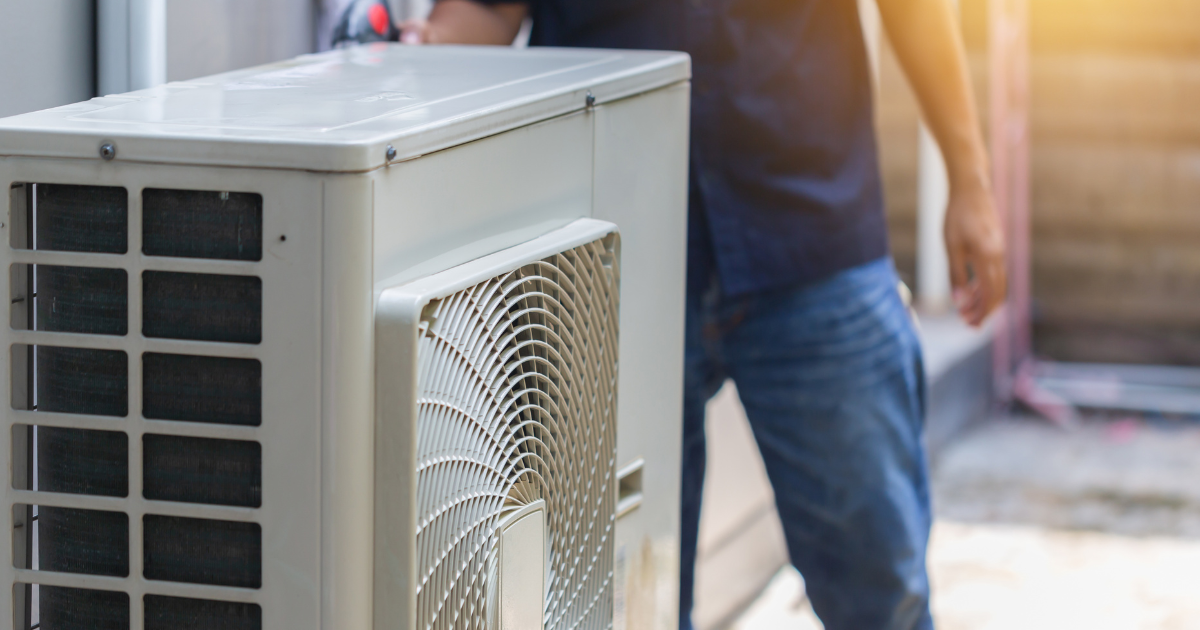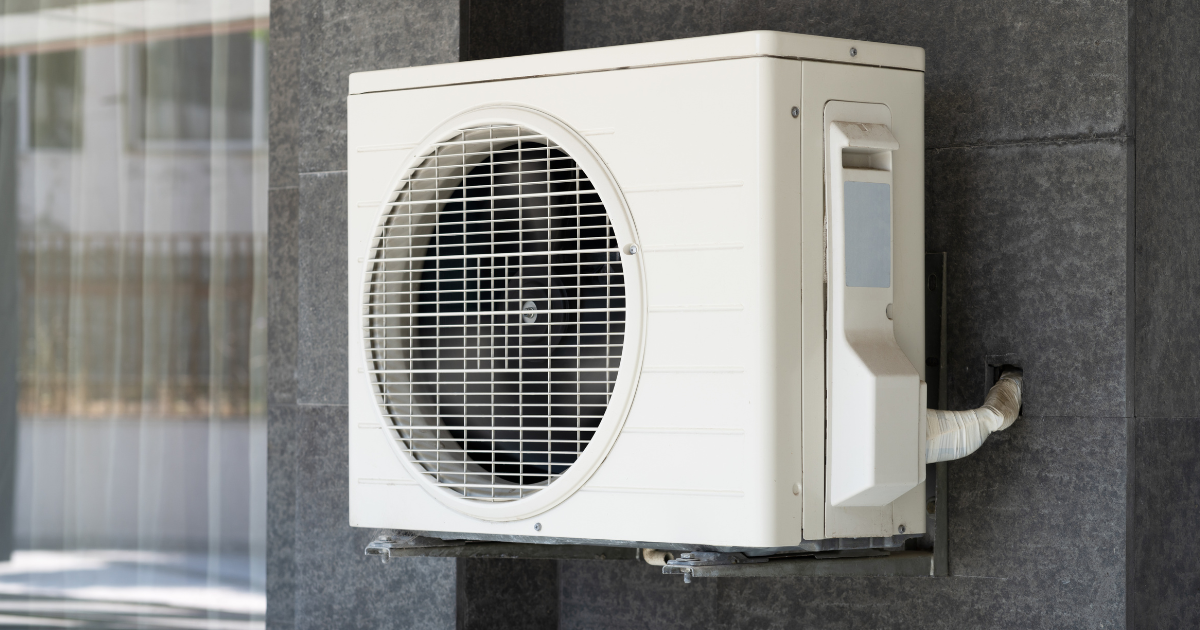Asking the Important Questions
Despite the importance of an HVAC system, most people don’t know much about their cooling system or how it works.
You rely on your air conditioning to feel cool and comfortable during the San Diego summer months. Your system also helps filter the outdoor air to deliver cleaner, fresher air throughout your home. Because your HVAC unit is central to your well-being, you should care about its efficiency and upkeep.
To help you better understand your air conditioning, and ensure its optimal performance, we’ve put together a list of some of the most common questions about HVAC systems.
1. How Often Should I Replace My Air Filters?
The filters in your air conditioning unit help provide clean air to your entire home. But if you are using a blocked or dirty filter, you get lower quality air, and it can make your HVAC system work harder, expending excess energy in the process.
Frequently replacing your filters can help to keep your system running at peak performance for longer. A good rule of thumb is to check your filters regularly and change them when they’re showing signs of wear, dirt, or moisture. You can also ask a professional for their opinion and get advice on the best type of filter for your home.
2. What is the Right Humidity Level for My Home?
According to the Environmental Protection Agency (EPA), air quality is one of the biggest threats that people face. To keep your indoor air as clean as possible, it needs to be fresh, free from contaminants, and be the right humidity level — often less than 50%.
Maintaining a humidity level under 50% helps reduce the risk of mildew and mold growth, banishes bacteria, and prevents dust mite infestations. If your home is in a colder climate, experts recommend a humidity level of under 40% .
3. How Often Should I Have My HVAC System Serviced?
While it’s tempting to use your home cooling system until it needs repair or replacement, the best way to improve the longevity and performance of your system is to give it proper care and maintenance.
Regular maintenance can help ensure that there aren’t problems lurking beneath the surface. And scheduling ongoing maintenance can also protect you from expensive repair or replacement problems down the road.
4. What Kind of Air Conditioning System Should I Get?
Air conditioning systems come in a range of different types and sizes. The most traditional option is a full-home ducted system, but ductless solutions are steadily becoming more popular because these systems are more energy-efficient and can bring comfort to your home all year round.
Some properties will only need a small, basic system, while others will require a more comprehensive heating and cooling solution. The best way to determine which air conditioning system is right for you is to speak with an expert about scheduling a home evaluation.
5. How Can I Improve Indoor Air Quality?
Even though the air is polluted with toxins, chemicals, and contaminants, you can prevent these from entering your home with your HVAC system. Your HVAC system is one of your first lines of defense against outdoor particles, and by installing the right filter (and changing it regularly) you can banish allergens and bacteria.
It’s also important that your home is properly ventilated so that particles can’t build up within your walls. Keeping your home clean and scheduling a regular HVAC maintenance plan can keep you breathing easily throughout the year.
6. How Can I Save Money on My Air Conditioning?
As energy bills soar higher, it’s important to think about how you can keep your costs as low as possible. Fortunately, there are plenty of ways that you can save on energy costs:
- Upgrade your HVAC system to a newer, high-efficiency model.
- Use a programmable thermostat and turning the temperature down when you’re not around.
- Change the filters regularly and schedule annual maintenance on your HVAC system to ensure long-term performance.
- Use ceiling fans to circulate air more efficiently.
7. Should I Repair or Replace My Cooling System?
Depending on how long you’ve had your HVAC system, you may need to consider a replacement. The life expectancy of home heating and cooling equipment is dependent on several factors, including the model you choose and the preventative maintenance you perform. Most experts recommend replacing a unit if it’s more than seven years old, especially if it demands frequent repairs. A replacement may also be necessary if your system can no longer cool certain spaces within your home.
Regular inspections of your HVAC system from the professionals at Bob Jenson will help to ensure top performance for a longer period.

Bob Jenson
For over 45 years, Bob Jenson has been providing quality heating and air services to the San Diego community.
Request Service
Please fill out the form below to request an estimate or schedule service.
"*" indicates required fields







